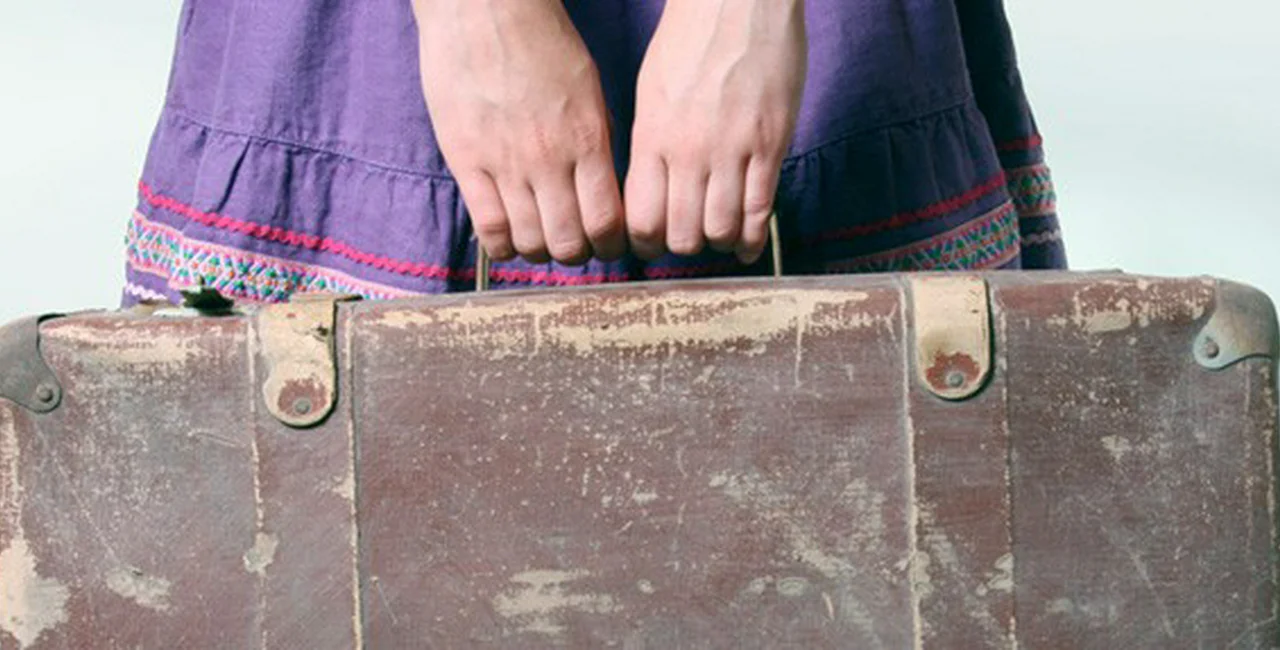In the area of business law, there is a number of legal actions, that are legally required to be done in the form of notarial record (e.g. the changing of the articles of association of an Ltd.); besides that, the notary provides a large scale of other features within business and company law (foundation of companies, transfers of shares, transformations of companies, mergers, etc.). A notary can also authenticate signatures, documents and declarations. Last but not least – in civil procedure, the notary can represent a client in front of the court. Added up: in the area of private law (civil, family, business law), the notary can provide a full-service.


